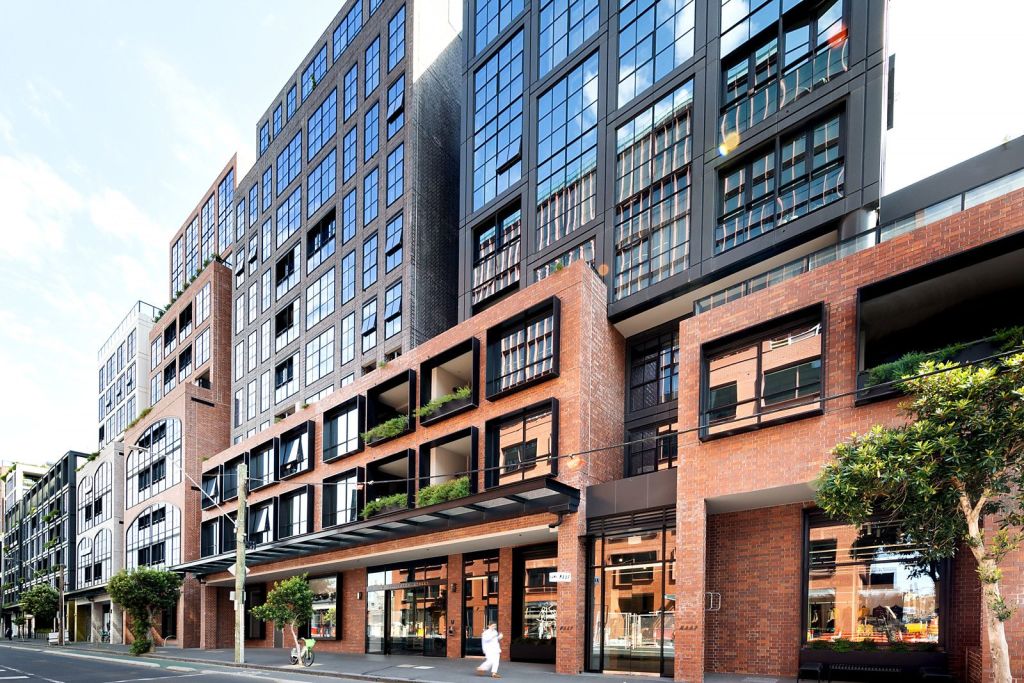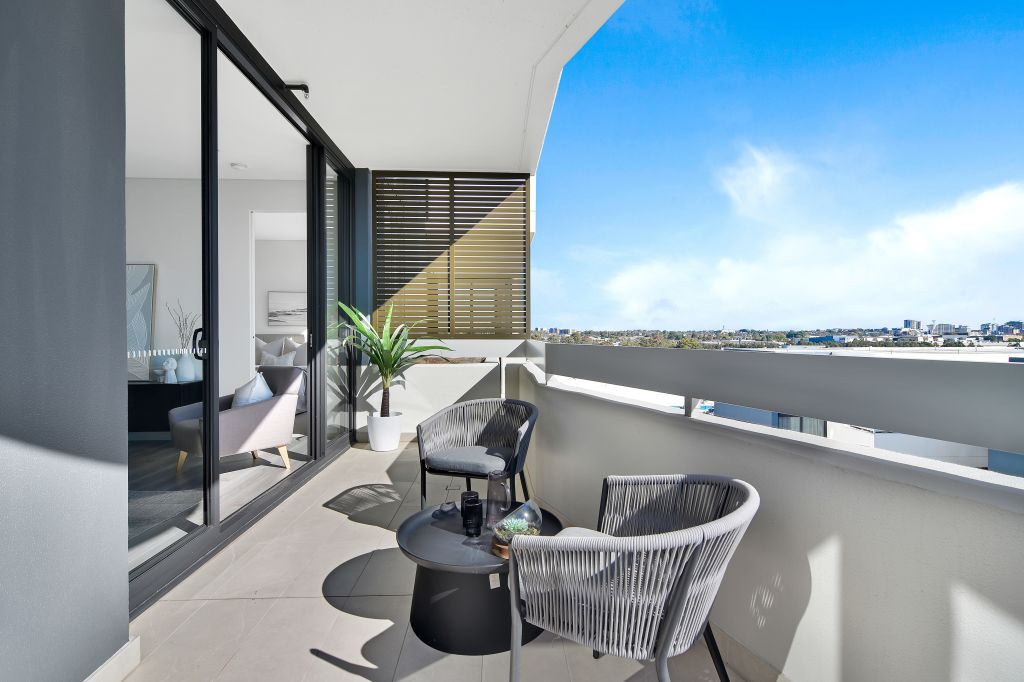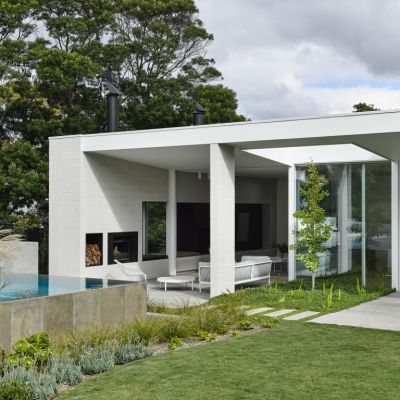Downsizing or rightsizing: What's the difference?
Downsizing conjures up images of the elderly. Struggling in a large, empty home, they must gather their most precious belongings and move to a modest one bedder. But is downsizing such a sad state of affairs? Could the move better be explained as downscaling, or rightsizing?
Around 76.8 percent of households have more bedrooms than needed for sleeping purposes. According to ABS data, that’s 13 million unused bedrooms. Even accounting for the rise in home offices, more than three quarters (77 per cent) of households have at least one spare bedroom.
Downsizing is compact convenience
Downsizing traditionally refers to an older person or couple moving out of the family home and into a smaller place. The move is for convenience. A smaller home means fewer rooms to clean and a smaller garden to maintain.
Moving into a smaller place may also provide for the future financially. The federal government allows downsizers over 55 to contribute up to $300,000 from the sale into their superannuation fund. This increases to $600,000 for couples.
Downscaling, rather than downsizing
While a smaller place makes sense for one or two people, downsizing from a six-bedroom residence to a studio apartment may not be the ideal solution.
“I’ve seen people downsize too much and then go back to a bigger home,” says real estate agent Nicole Gleeson of Melbourne’s Kay and Burton. “They sometimes think about grandkids coming to stay.
“I think people coming out of a big home shouldn’t downsize into something really small. They still want something sizable but just less maintenance. They always need a spare room for guests or when kids boomerang back.”

But grandparents aren’t the only ones downsizing. Younger people are looking at their living arrangements and lifestyle and choosing to “rightsize”.
Adrian Wilson of Ayre Real Estate in the Sydney CBD caters for rightsizers such as executives based interstate who need a place to use while in Sydney.
“While they may have requirements for a large family home at their principal address, they may only need a bed-sit or small apartment for their use when in Sydney,” he says.
When downsizing becomes rightsizing
The over-55s are increasingly blurring the lines between downsizing and rightsizing, turning away from the humble one-bedroom home in favour of compact opulence. They’re selling the family home and moving into luxury apartments in a more desirable location.
Apartments boasting amenities such as concierge services, sauna rooms and yoga studios can cost as much as, or more than, the family home. These apartments can come with conveniently oversized halls and kitchens for easy manoeuvrability and discreetly reinforced walls to add handrails. All made with high-quality fittings and boasting sweeping views.
These downsizers or downscalers want to live commitment-free.
“Security is important for people because if they’re downscaling, they’ll probably want to travel. Lock up and leave,” Gleeson says.

Rightsizing means choosing a home that suits your needs
“Right-sizing could be upsizing or downsizing,” says buyer’s agent Rhiannan Jenkins from Buyer’s Domain in Sydney.
For example, with the increase in hybrid and remote working, a buyer may want to upsize for an extra bedroom to use as a home office.
On the other hand, first-home buyers may have trouble affording their “forever” home and instead buy a smaller one they can afford now.
“They don’t necessarily have the budget for the house, but they want to live closer to the city,” Jenkins says. “So we’ve been able to secure an apartment for them that they can still live in, years to come.
“I think with downsizing, you still can have the great views, the right floor plan, internal size, parking, and the location. You don’t necessarily have to compromise and give anything up. If anything, people are downsizing because it benefits them.”
We recommend
We thought you might like
States
Capital Cities
Capital Cities - Rentals
Popular Areas
Allhomes
More










